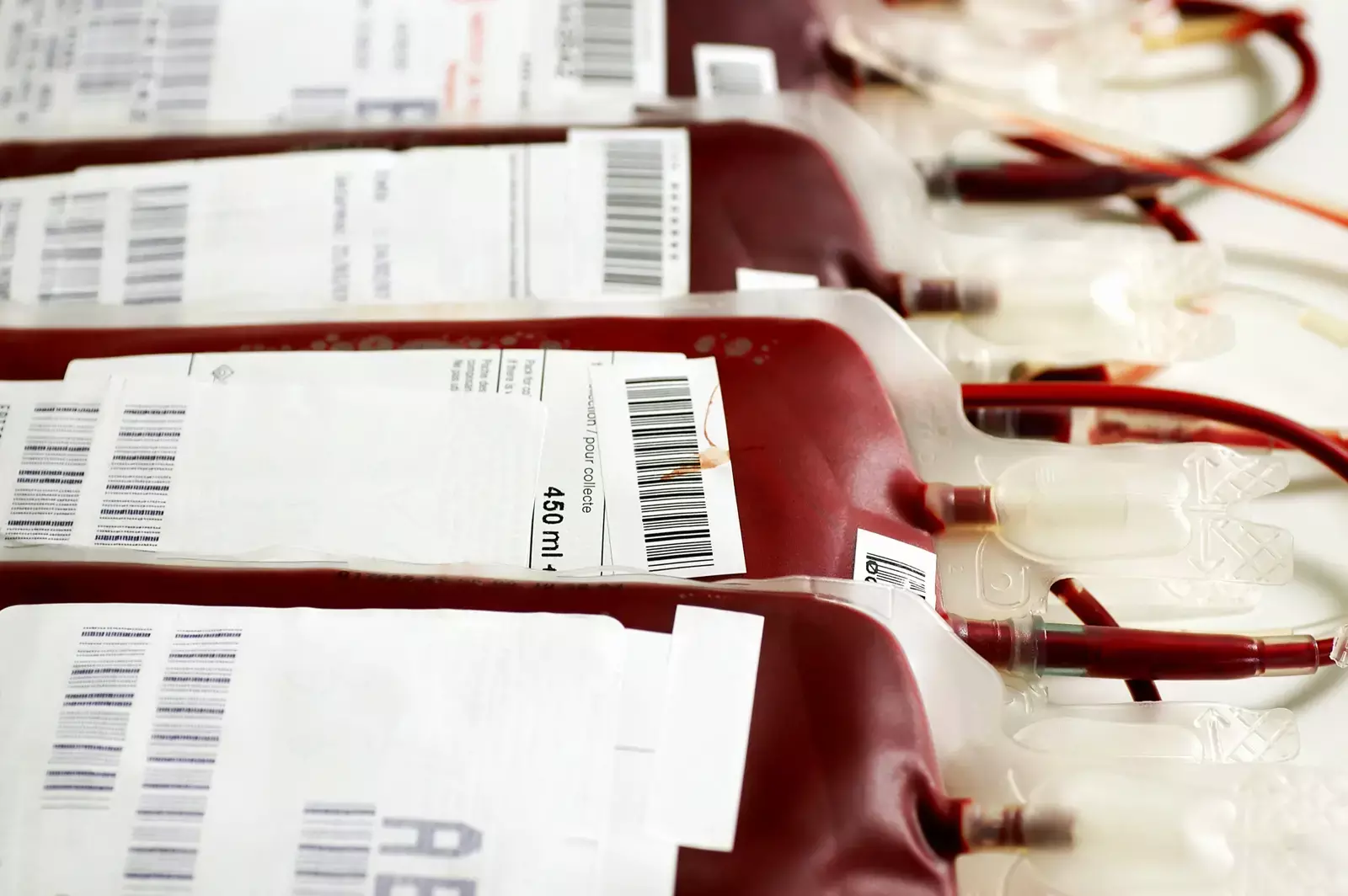- Home
- Medical news & Guidelines
- Anesthesiology
- Cardiology and CTVS
- Critical Care
- Dentistry
- Dermatology
- Diabetes and Endocrinology
- ENT
- Gastroenterology
- Medicine
- Nephrology
- Neurology
- Obstretics-Gynaecology
- Oncology
- Ophthalmology
- Orthopaedics
- Pediatrics-Neonatology
- Psychiatry
- Pulmonology
- Radiology
- Surgery
- Urology
- Laboratory Medicine
- Diet
- Nursing
- Paramedical
- Physiotherapy
- Health news
- Fact Check
- Bone Health Fact Check
- Brain Health Fact Check
- Cancer Related Fact Check
- Child Care Fact Check
- Dental and oral health fact check
- Diabetes and metabolic health fact check
- Diet and Nutrition Fact Check
- Eye and ENT Care Fact Check
- Fitness fact check
- Gut health fact check
- Heart health fact check
- Kidney health fact check
- Medical education fact check
- Men's health fact check
- Respiratory fact check
- Skin and hair care fact check
- Vaccine and Immunization fact check
- Women's health fact check
- AYUSH
- State News
- Andaman and Nicobar Islands
- Andhra Pradesh
- Arunachal Pradesh
- Assam
- Bihar
- Chandigarh
- Chattisgarh
- Dadra and Nagar Haveli
- Daman and Diu
- Delhi
- Goa
- Gujarat
- Haryana
- Himachal Pradesh
- Jammu & Kashmir
- Jharkhand
- Karnataka
- Kerala
- Ladakh
- Lakshadweep
- Madhya Pradesh
- Maharashtra
- Manipur
- Meghalaya
- Mizoram
- Nagaland
- Odisha
- Puducherry
- Punjab
- Rajasthan
- Sikkim
- Tamil Nadu
- Telangana
- Tripura
- Uttar Pradesh
- Uttrakhand
- West Bengal
- Medical Education
- Industry
Preoperative blood ordering - Choose wisely!!!

Regular auditing of blood requisition patterns and the introduction of maximum blood-ordering schedule (MSBOS) is important to prevent wastage of precious blood bank resources, suggests a study published in Indian Journal of Surgery on November 24, 2020.
Optimizing the process of preoperative blood ordering can potentially improve operating room efficiency, increase patient safety, and decrease costs. With medical costs increasingly scrutinized and healthcare stakeholders looking for quality metrics, it is important to standardize care and reduce unnecessary expenses. The maximum surgical blood order schedule (MSBOS) was first described in the 1970s involves a list of recommended preoperative blood orders for various types of surgical procedures. Some primary concerns regarding the MSBOS are that the recommendations are often outdated, based on opinion, do not include recently developed surgical procedures, and are not based on institution-specific blood utilization data. Over the past decade, several medical societies have emphasized the need to reduce unnecessary transfusion by following evidence-based guidelines. However, reducing the unnecessary ordering and preparation of blood components remains an area of opportunity to improve care and reduce costs.
For the same purpose a research team conducted a retrospective study on the implementation of a maximum blood-ordering schedule in their Institute. Researchers analyzed blood ordering and utilization data of 10 surgical specialities (performing over 180 different surgical procedures) for a period of 1 year to formulate an institutional maximum blood-ordering schedule.
After evaluating 7967 patients data, researchers found the cross match- transfusion ratio was 2.5, transfusion probability was 34.5% and transfusion index was 0.7 respectively. They also found that there was a gross over-ordering of blood units pre-operatively of about 82.4%. The researchers then concluded stating "Sixty-seven per cent of the elective surgeries can be performed safely with type and screen alone saving 77% of the total expenditure if we were to cross-match the exact number of units demanded"
The authors further added, "This study reiterates the importance of regular auditing of blood requisition patterns and the introduction of maximum blood-ordering schedule to prevent wastage of precious blood bank resources".
For further information:
Medical Dialogues Bureau consists of a team of passionate medical/scientific writers, led by doctors and healthcare researchers. Our team efforts to bring you updated and timely news about the important happenings of the medical and healthcare sector. Our editorial team can be reached at editorial@medicaldialogues.in.
Dr Kamal Kant Kohli-MBBS, DTCD- a chest specialist with more than 30 years of practice and a flair for writing clinical articles, Dr Kamal Kant Kohli joined Medical Dialogues as a Chief Editor of Medical News. Besides writing articles, as an editor, he proofreads and verifies all the medical content published on Medical Dialogues including those coming from journals, studies,medical conferences,guidelines etc. Email: drkohli@medicaldialogues.in. Contact no. 011-43720751


